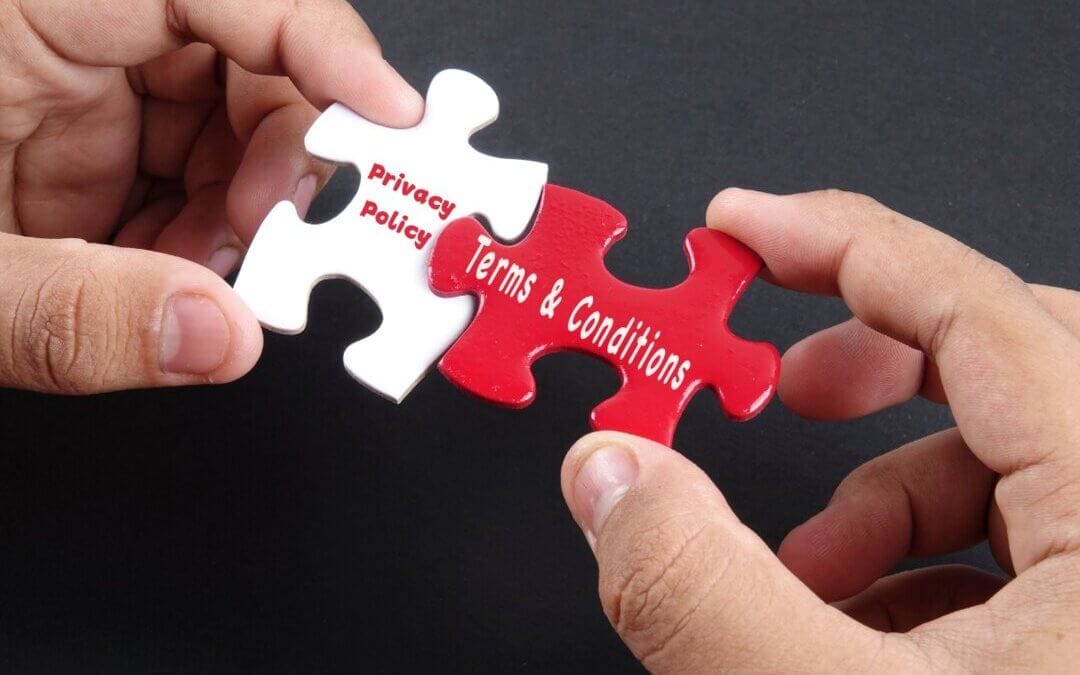In today’s digital landscape, understanding legal documents is more important than ever. A question that often arises is, “What is the difference between a privacy policy and terms and conditions?” These two documents are frequently encountered but often misunderstood, leading to confusion about their purpose and significance. Knowing how they differ can help you navigate online interactions with greater confidence and clarity.
Privacy Policy vs Terms and Conditions
The difference between a privacy policy and terms and conditions is essentially that they are separate documents that govern different parts of your relationship. They can both be shared between you and your customers. However, a privacy notice can have far wider reaching impact. It applies to every person whose personal details you are holding.
Your terms and conditions detail how you will conduct your business with your clients. It outlines each individual’s responsibilities, how payment is made and what services will be provided. They should be sent out with every quotation or new sign up of your customers.
Your privacy policy, on the other hand, details the personal information you hold about a person (this can be anything at all including even their name!), how you hold that information, and what you do with it. These are often held on a business website as this is the first time and place a person’s information is taken. However, if you are gaining their information in any other ways, it may be prudent to send them a copy or direct them to this document.
Protecting Your Clients and Your Business
Now that you know what the difference is between a privacy policy and terms and conditions, let us discuss how to use them on your business website. There is often an overlap between the two documents as a data protection clause should be included within each set of terms and conditions. This can be a simple clause stating that you will comply with the data protection act, or in more complex cases, you may want to include some further information regarding the data you are collecting like you do in your privacy policy. Often, it is enough to simply reference your privacy policy in your terms and conditions and let them know that all the information they may need about data collection is in there.
A business’s terms and conditions are only ever a document between you and your customers detailing how you will manage the contractual relationship between you both. Meanwhile, a privacy policy can have far wider reach as it should cover every person’s data you hold. The data you collect and need to reference could be simply from enquiries of the business, from employees, or even suppliers. All of these individuals need to know the full details of your data collection and processing.
Let Us Help
If you need expert assistance when creating a privacy policy and/or terms and conditions, we at BEB can help. Get in touch with us, and our team will provide you with services tailored to your needs.

